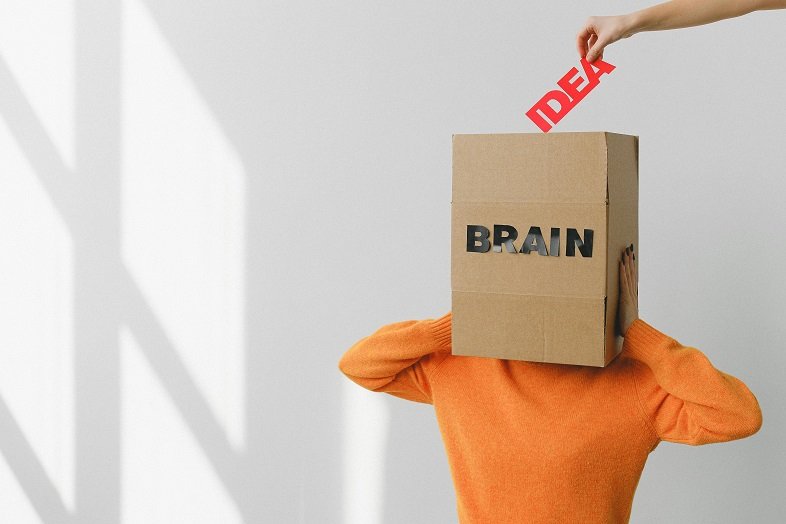The Interconnectedness of Physical Activity, Motor Skills, and Cognitive Function

By Sujata Muguda, Shreyas WebMedia Solutions
The human brain is a remarkable organ, capable of complex thought, and emotion, and controlling a myriad of bodily functions. However, its health and performance are not solely dependent on mental exercises and challenges; physical activity and the development of motor skills play a crucial role in enhancing cognitive function.
Regular physical activity is widely acknowledged for its benefits to physical health, including improved cardiovascular function, weight management, and reduced risk of chronic diseases. However, its impact extends beyond the physical realm, influencing various aspects of cognitive function such as memory, attention, and executive functions.
Exercise stimulates the brain in several ways. It increases heart rate, which pumps more oxygen to the brain. It also aids the release of hormones which provide an excellent environment for the growth of brain cells. Aerobic exercise, in particular, has been shown to increase the size of the hippocampus, the brain area involved in verbal memory and learning.
Refined motor skills, which involve the development of movements requiring precision and coordination, also contribute to cognitive enhancement. Activities that require hand-eye coordination, timing, and fine motor control, such as playing a musical instrument or engaging in a sport, can lead to improved brain function. These activities not only refine the motor skills themselves but also enhance spatial awareness, timing, and precision.
The relationship between motor skills and cognitive function is bidirectional. As motor skills improve, so does cognitive ability, which in turn can lead to further development of motor skills. This is particularly evident in children, where the development of motor skills is closely linked with cognitive development stages.
Moreover, the social aspect of engaging in physical activities that require motor skills, such as team sports, can also contribute to cognitive health. Social interaction requires the brain to interpret verbal and non-verbal cues, which is a cognitive process. Thus, the social engagement provided by these activities can further enhance cognitive abilities.
The benefits of physical activity and motor skills development on cognitive function are not limited to any specific age group. While the impact is more pronounced in the developing brains of children and adolescents, adults and the elderly also benefit significantly. For the elderly, physical activity and motor skills engagement can help maintain cognitive function and delay the onset of cognitive decline.
In conclusion, regular physical activity and the refinement of motor skills are not just beneficial for physical health but are also crucial for maintaining and improving cognitive function. They stimulate the brain in various ways, leading to enhanced memory, attention, and executive functions. As such, incorporating physical activity and motor skills development into daily routines is a strategy that can pay dividends for mental health and cognitive capabilities. Whether it’s through structured exercise programs, engaging in sports, or even simple tasks like juggling, the brain thrives when the body moves. So, let’s get moving for cognitive health!
